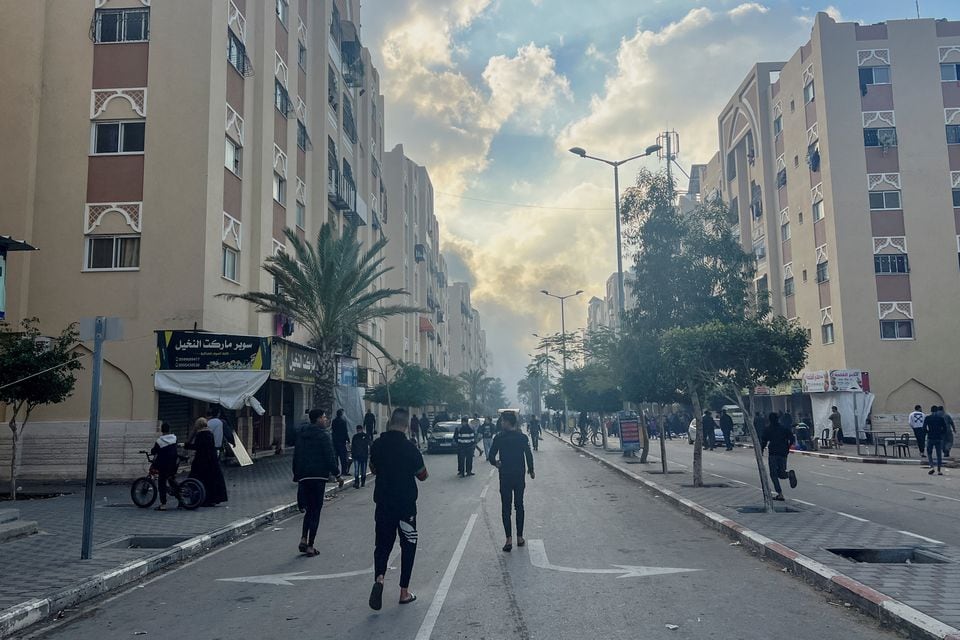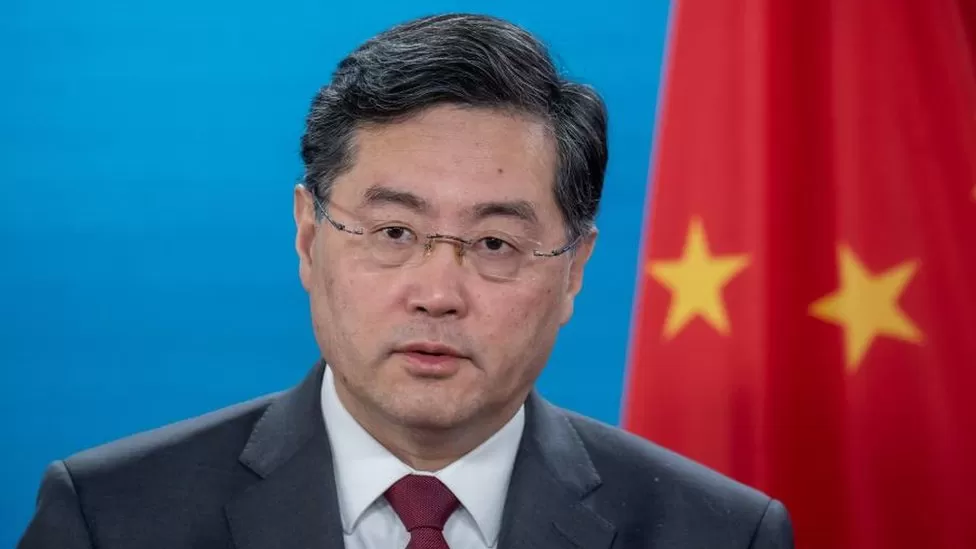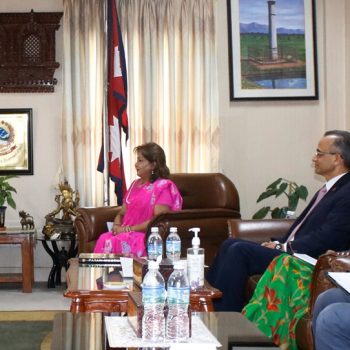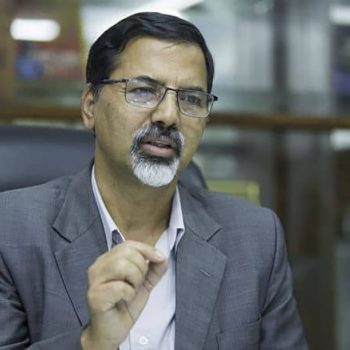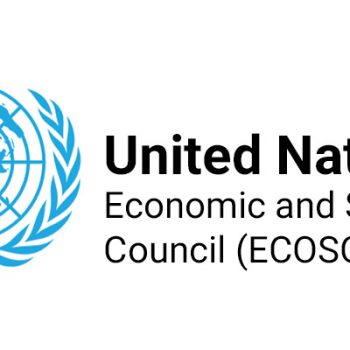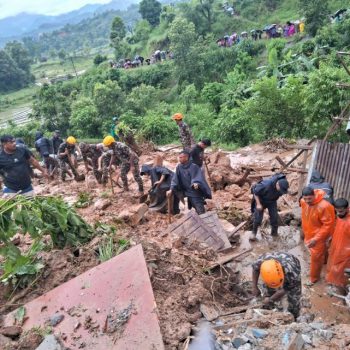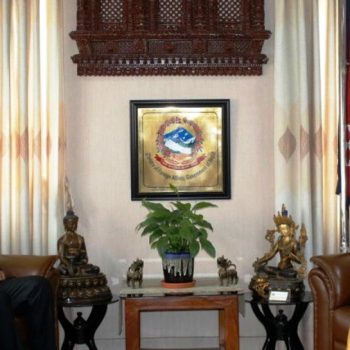Taliban prepare to reveal new Afghan government amid economic turmoil
 NepalPress
NepalPress
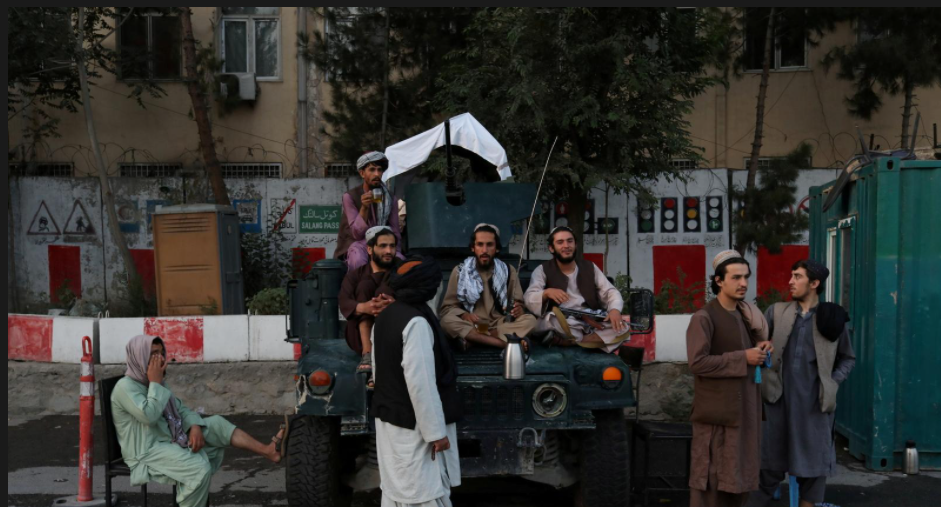
Afghanistan’s Taliban rulers were preparing on Thursday to unveil their new government as the economy teetered on the edge of collapse more than two weeks after the Islamist militia captured Kabul and brought a chaotic end to 20 years of war, Reuters reported.
Taliban official Ahmadullah Muttaqi said on social media a ceremony was being prepared at the presidential palace in Kabul, while private broadcaster Tolo said an announcement on a new government was imminent.
The legitimacy of the new government in the eyes of international donors and investors will be crucial for the economy as the country battles drought and the ravages of a conflict that took the lives of an estimated 240,000 Afghans.
The Taliban has promised to allow safe passage out of the country for any foreigners or Afghans left behind by the massive airlift which ended with the withdrawal of the last US troops on Monday, but with Kabul airport still closed many were seeking to flee overland to neighbouring countries.
A Qatari technical team had arrived in Kabul to discuss the resumption of operations at the airport, which would facilitate humanitarian assistance and further evacuations, a source with knowledge of the matter said.
British Foreign Secretary Dominic Raab will visit Doha on Thursday to discuss the situation in Afghanistan with Qatar’s emir Sheikh Tamim bin Hamad al-Thani, Raab’s office said.
“The prospects of getting Kabul airport up and running and safe passage for foreign nationals and Afghans across land borders (are) top of the agenda,” the British Foreign Office said in a statement.
The Taliban’s supreme leader, Haibatullah Akhundzada, is expected to have ultimate power over a new governing council here, with a president below him, a senior Taliban official told Reuters last month.
The supreme Taliban leader has three deputies: Mawlavi Yaqoob, son of the movement’s late founder Mullah Omar; Sirajuddin Haqqani, leader of the powerful Haqqani network; and Abdul Ghani Baradar, one of the founding members of the group.
An unelected leadership council is how the Taliban ran their first government which brutally enforced a radical form of Sharia law from 1996 until its ouster by US-led forces in 2001.
The Taliban have tried to present a more moderate face to the world since they swept aside the US-backed government and returned to power last month, promising to protect human rights and refrain from reprisals against old enemies.
But the United States, the European Union and others have cast doubt on such assurances, saying formal recognition of the new government – and the economic aid that would flow from that – is contingent on action.
“We’re not going to take them at their word, we’re going to take them at their deeds,” US Undersecretary of State Victoria Nuland told a news briefing on Wednesday.
“So they’ve got a lot to prove based on their own track record … now they also have a lot to gain, if they can run Afghanistan, far, far differently than they did the last time they were in power.”
Gunnar Wiegand, the European Commission’s managing director for Asia and the Pacific, said the European Union would not formally recognise the Islamist group until it met conditions including the formation of an inclusive government, respect for human rights and unfettered access for aid workers.




